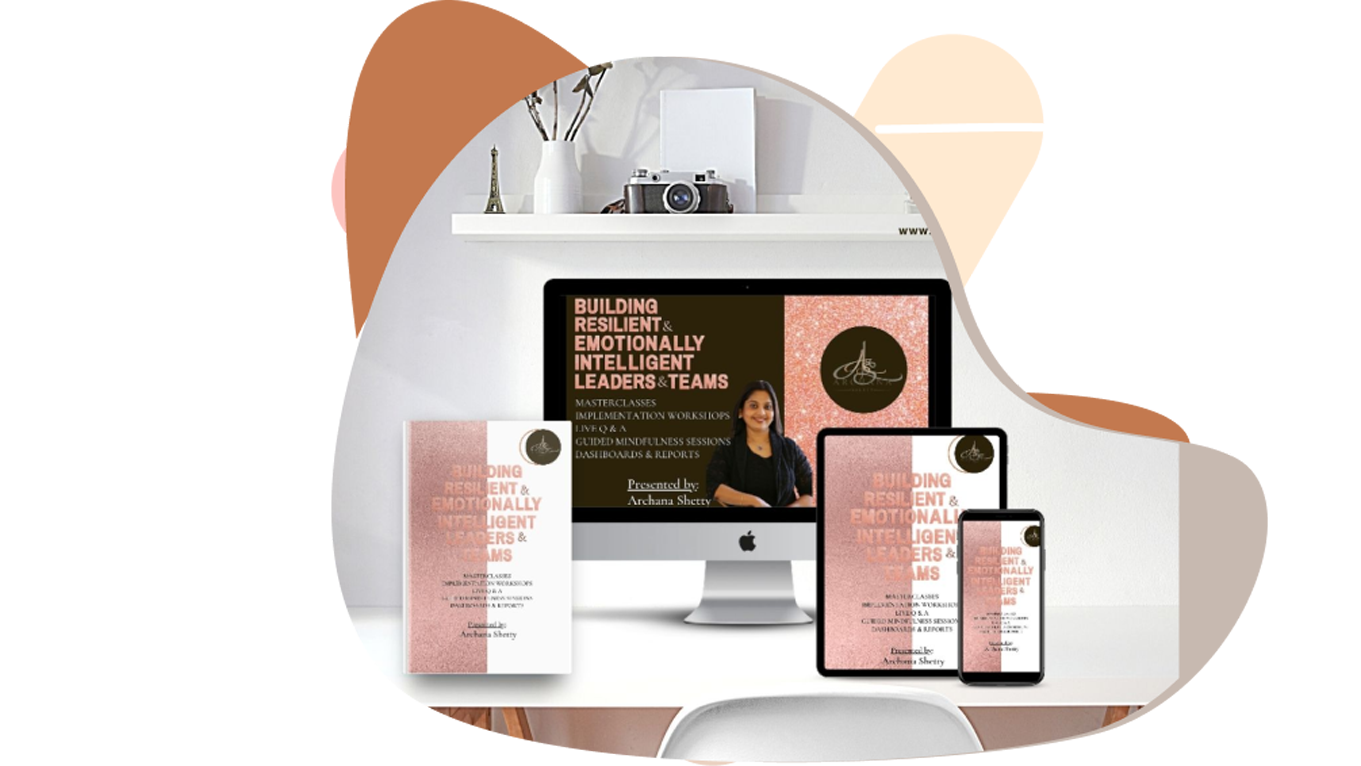To thrive in the digital economy, you need to redefine how the world experiences you and be the visionary, inspirational, impactful leader who re-humanizes work, with whom employees, customers, and partners love to work.
Programs & Courses
When it comes to leading an increasingly digital organization, whether it’s an incumbent enterprise, a small business or a startup, engineering feats and technical capabilities are not enough.
You need to cultivate new mindsets, capabilities, practices and behaviors required to transform your organization, deliver more value and build a competitive advantage in a digital economy.
Explore our programs and courses to learn better ways to lead and manage.





















